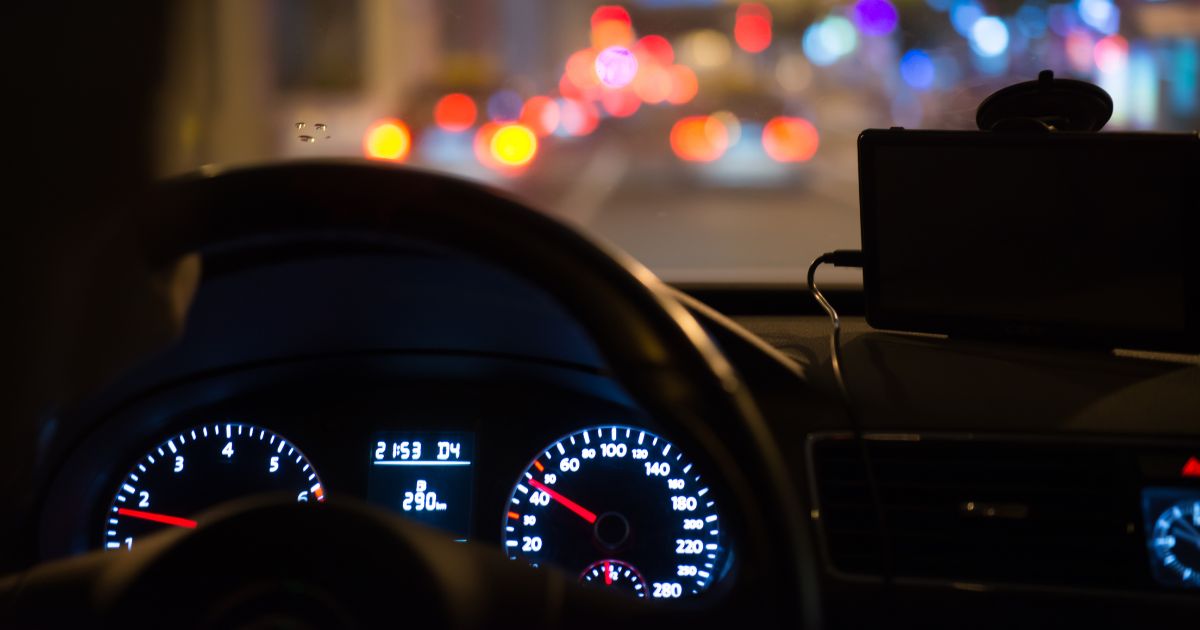Do More Car Accidents Happen at Nighttime?

While you may think that more serious car accidents occur during the day because that is when there are more cars on the road, the nighttime hours are when the most fatal car accidents happen. Roughly 50% of car accidents with fatalities are at night. Even if there are fewer cars on the road, there are more factors that can make night-time car accidents more prevalent and dangerous. If you have been injured in a car accident at any time of day, you should contact an experienced car accident lawyer to learn more about whether you can receive financial compensation.
Nighttime Car Accidents Can Be More Severe
Even if there are more car accidents during the day, the ones that happen at night tend to be more serious. The reason is that these crashes are often at higher speeds, and a driver is more likely to lose control of their vehicle when they are not able to see properly.
Paradoxically, the fact that there are fewer cars on the road at night means that the accidents can be more serious. Drivers may be more reckless when they do not have to contend with as many cars in traffic. The fact that there are fewer cars on the road means that they can speed. Motorists may not worry as much about being caught by the police because of their perception that there are fewer officers working the overnight shift.
The fact that there are fewer cars on the road may also lull drivers into a false sense of confidence when, in fact, conditions are the most dangerous. One manifestation of a driver’s overconfidence is the fact that they may not have their eyes on the road. They may be distracted, doing things such as sending texts and looking at their phone.
Another factor that makes the roads more dangerous at night is the prevalence of drunk driving. Motorists will drink more at night because that is when they have time to go out and they are not working. According to the National Highway Traffic Safety Administration (NHTSA), more than two-thirds of drunk driving accidents happen at night. These crashes tend to result in more serious injuries because they happen at higher speeds. A drunk driver could be in the entirely wrong place, and they could cause an even more dangerous type of crash, such as a head-on accident.
Nighttime may also lead to more car accidents because drivers are not able to see. Roads may not be well-lit, and motorists may have more trouble spotting and observing signs. Drivers may also have limited visibility because of the conditions. When a driver is struggling to see, they may end up in the wrong place or end up in the path of other motorists.
Fatigued Driving Is as Dangerous as Drunk Driving
Finally, fatigue can lead to more car accidents at night. When a driver does not get the proper rest, they can be every bit as dangerous as a motorist who has had too much alcohol before getting behind the wheel. When a driver goes more than 20 hours without sleeping, it is the equivalent of having a blood alcohol level above the legal limit. Fatigued driving does not just mean that a driver has not gotten enough sleep. They could be tired after a full day of work, and they are not able to focus on the road.
You may not need to prove that a driver was tired to qualify for financial compensation. All you need to show is that they took an action that would be considered unreasonable under the circumstances. For example, if a driver rear-ended you because they were not looking at the road, the fact that they hit your car from behind would be enough for you to be compensated for your injuries.
Contact a Norristown Car Accident Lawyer at Anthony C. Gagliano III, P.C. Today for Help with Your Case
If you have been injured in a motor vehicle crash, reach out to a Norristown car accident lawyer at Anthony C. Gagliano III, P.C. You can schedule a free initial consultation by calling today at 267-861-7100 or filling out the online form. With offices in Philadelphia and King of Prussia, Pennsylvania, we serve clients in Montgomery County, Delaware County, Bucks County, Chester County, and Norristown.

